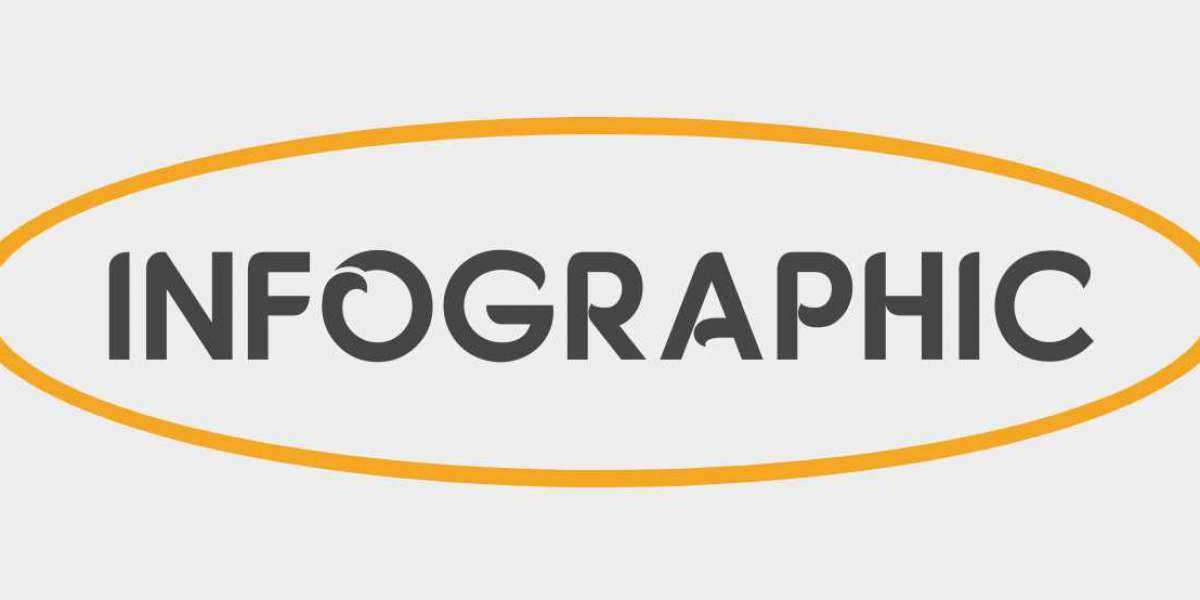As you embark on your journey as a new Commercial Driver License CDL holder, one of the crucial aspects to consider is securing suitable insurance coverage. Understanding the nuances of insurance for new CDL drivers and managing costs can be daunting. However, with the right approach and knowledge, finding affordable CDL insurance becomes manageable.
The Importance of CDL Insurance
It is crucial to understand the significance of having proper coverage. Commercial trucking is a high-risk profession, and accidents can result in substantial financial losses, not just for you but also for your employer and other parties involved. CDL insurance is designed to protect you and your assets in the event of an accident, ensuring that you're not left shouldering the entire financial burden.
Factors Affecting the Cost of Insurance for New CDL Drivers
As a new CDL driver, you can expect to pay higher insurance premiums compared to experienced drivers. This is because insurance companies view new drivers as a higher risk due to their lack of experience on the road. However, there are several factors that can influence the cost of Insurance for New CDL Drivers.
Driving Experience: As a new CDL driver, your lack of experience may result in higher insurance premiums initially. Insurance providers often consider the number of years you've been driving commercially and any previous accidents or violations.
Type of Vehicle: The type of vehicle you will be operating also impacts insurance costs. For instance, insurance for transporting hazardous materials typically commands higher premiums due to increased risk.
Cargo: The nature of the cargo you transport affects insurance rates. General freight may have lower premiums compared to specialized cargo like perishable goods or hazardous materials.
Coverage Limits: The extent of coverage you choose plays a significant role in determining insurance costs. Higher coverage limits offer greater protection but may come with higher premiums.
Types of Coverage for New CDL Drivers
When exploring insurance options for new CDL drivers, there are several types of coverage to consider:
Primary Liability Insurance: This coverage protects you from financial responsibilities arising from bodily injury or property damage caused by your commercial vehicle.
Physical Damage Insurance: This coverage helps pay for repairs or replacement of your commercial vehicle if it is damaged in an accident, regardless of who was at fault.
General Liability and Cargo Insurance: As a new CDL driver, you may be responsible for transporting valuable cargo. General Liability Cargo Insurance protects you from financial losses if the cargo is damaged, lost, or stolen during transportation.
Non-Trucking Liability Insurance: If you plan to use your commercial vehicle for personal purposes, non-trucking liability insurance provides coverage when you are not engaged in commercial activities.
Strategies for Finding Affordable Insurance for New CDL Drivers
While insurance costs for new CDL drivers can be higher, there are several strategies you can employ to find affordable coverage:
Compare Multiple Quotes: Do not settle for the first insurance quote you receive. Shop around and compare quotes from different providers to find the most competitive rates.
Consider Bundling Policies: Some insurance companies offer discounts for bundling multiple policies, such as auto and General Liability Cargo Insurance. Bundling can lead to significant cost savings.
Maintain a Clean Driving Record: Avoid accidents and traffic violations to maintain a clean driving record. A history of safe driving can result in lower insurance premiums over time.
Take Safety Training Courses: Completing safety training courses demonstrates your commitment to safe driving practices. Some insurance providers offer discounts for drivers who undergo additional training.
Opt for Higher Deductibles: Choosing a higher deductible can lower your monthly premiums. However, be prepared to pay more out of pocket in the event of a claim.
Review Coverage Needs Regularly: As your driving experience grows and your circumstances change, reassess your insurance coverage needs regularly. Adjust your policy accordingly to ensure you are adequately protected without paying for unnecessary coverage.








